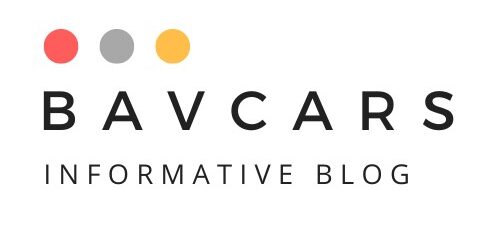Loans are a common way of financing big-ticket items, such as buying a car, purchasing a home, or funding a college education. But with so many different types of loans available, it can be challenging to know which one is the best fit for your specific needs. In this article, we’ll discuss the pros and cons of various types of loans to help you make an informed decision.
Personal Loans
Personal loans are typically unsecured loans that can be used for any purpose, such as consolidating debt, paying for a wedding, or covering unexpected expenses. The main advantage of personal loans is that they are relatively easy to obtain, especially if you have good credit. Additionally, personal loans often come with fixed interest rates, making it easier to budget your monthly payments.
However, personal loans also come with some drawbacks. Interest rates on personal loans can be relatively high, particularly if you have a low credit score. Additionally, some lenders may charge fees for origination, prepayment, or late payment, which can increase the overall cost of the loan.
Credit Cards
Credit cards are another popular form of borrowing, particularly for smaller purchases. One of the main advantages of credit cards is that they offer convenience and flexibility, allowing you to make purchases on credit and pay them off over time. Credit cards also come with rewards programs, such as cashback or airline miles, which can be attractive to frequent users.
However, credit cards can also be a double-edged sword. Interest rates on credit cards can be high, particularly if you carry a balance from month to month. Additionally, credit cards can be easy to abuse, leading to high levels of debt and financial stress.
Mortgages
Mortgages are loans that are used to purchase a home. One of the main advantages of mortgages is that they offer relatively low interest rates, making it easier to finance a home over a long period. Additionally, mortgages can come with tax benefits, such as deducting the interest paid on your mortgage from your taxable income.
We got a quote from a mortgage broker and this is what toprankinmortgages.com had to say:
“Mortgages also come with significant risks. Mortgages are secured loans, meaning that if you default on your payments, the lender can foreclose on your home. Additionally, mortgages can be relatively inflexible, making it difficult to move or refinance if your circumstances change.”
Auto Loans
Auto loans are loans that are used to purchase a car. One of the main advantages of auto loans is that they offer relatively low interest rates, making it easier to finance a car over a long period. Additionally, auto loans can come with flexible repayment terms, such as longer loan periods or balloon payments.
However, auto loans also come with some drawbacks. Auto loans are secured loans, meaning that if you default on your payments, the lender can repossess your car. Additionally, some auto loans come with high fees or prepayment penalties, which can increase the overall cost of the loan.
Student Loans
Student loans are loans that are used to finance a college education. One of the main advantages of student loans is that they offer relatively low interest rates, making it easier to finance your education over a long period. Additionally, some student loans offer flexible repayment options, such as income-based repayment or loan forgiveness programs.
However, student loans also come with significant risks. Student loans are typically unsecured loans, meaning that if you default on your payments, your credit score can be negatively impacted. Additionally, student loans can be difficult to discharge in bankruptcy, meaning that you may be stuck with the debt for the rest of your life.
Business Loans
Business loans are loans that are used to finance a business, such as purchasing equipment or hiring employees. One of the main advantages of type of loan is that it can provide the capital necessary to start or grow a business. Additionally, business loans can come with flexible repayment terms, such as longer loan periods or interest-only payments.
However, business loans also come with significant risks. Business loans are often secured loans, meaning that if you default on your payments, the lender can seize your business assets. Additionally, business loans can come with high fees or interest rates, which can increase the overall cost of the loan.
There are many different types of loans available, each with its own set of pros and cons. When considering a loan, it’s essential to understand your specific needs and circumstances, as well as the risks and benefits associated with each type of loan. By doing your research and making an informed decision, you can find a loan that meets your needs while minimizing your financial risk.
